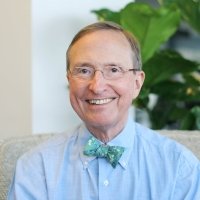Mist of the Earth: Art and Sustainability
“Mist of the Earth,” an exhibition of photographs and photo-collages by renewed Brazilian artist Denise Milan, joins memory and history and invites viewers on a journey of imagination and reflection about the environmental challenges of development. On May 20, a panel of experts will join the artist to discuss the roles of art in sustainability as the Brazil Institute welcomes “Mist of the Earth” to Washington. A viewing of the artwork with Milan and exhibit Curator Simon Watson will follow.
“The exhibition features Milan’s deeply humanistic work of the past quarter century as an ecological and arts activist, drawing from her experience living with and interviewing people both in the lush Brazilian coastal village of Paraty and the dry desolate lands of Bahia in Brazil’s Northeast. One of Brazil’s visionary artists and a well-known eco-activist, Milan uses photography, sculpture and collage to produce what Brazilian poet Haroldo de Campos once described as an action of disconnecting structures from their natural scenery “by interfering in an extremely creative way in terms of aesthetic information. An aspect of nature – already splendid in itself – is granted as a Brazilian endowment to such sensitive artist.” The seminar is part of the “Managing Our Planet” series, hosted by the Brazil Institute and the Environmental Change and Security Program of the Wilson Center in partnership with the George Mason University’s Environmental Science and Policy Program
Speakers


Hosted By

Brazil Institute
The Brazil Institute—the only country-specific policy institution focused on Brazil in Washington—aims to deepen understanding of Brazil’s complex landscape and strengthen relations between Brazilian and US institutions across all sectors. Read more


Environmental Change and Security Program
The Environmental Change and Security Program (ECSP) explores the connections between environmental change, health, and population dynamics and their links to conflict, human insecurity, and foreign policy. Read more
